
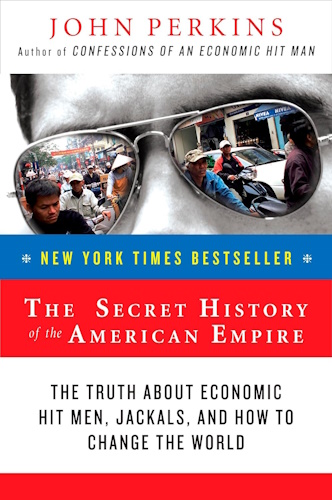

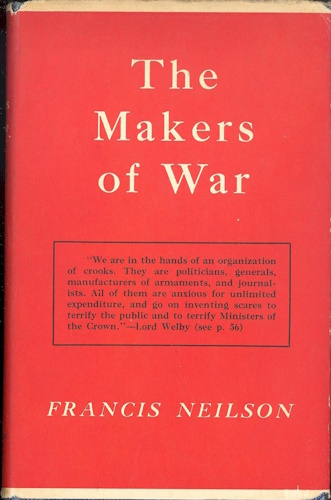

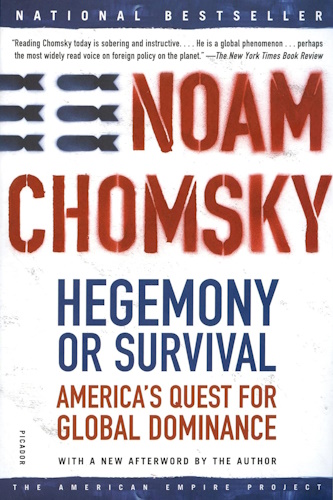



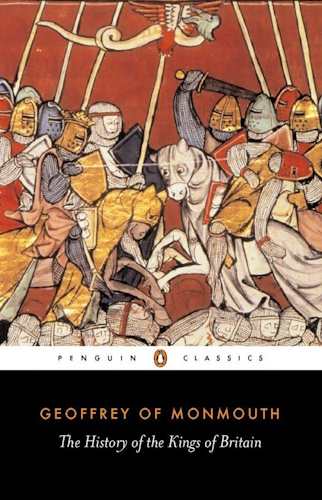

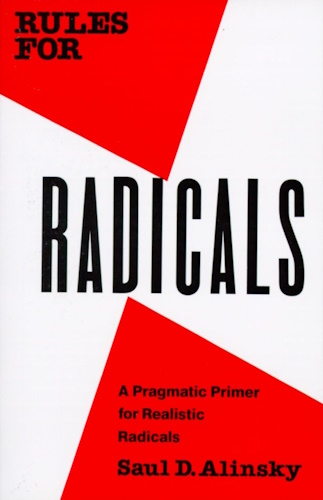

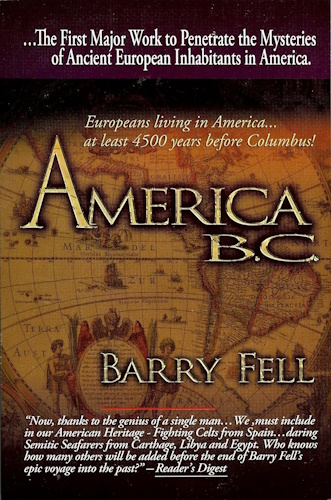

Whence & Pence
A Series
by
Douglas V. Gnazzo
January 6, 2005 - April 18, 2005
(Retrieved from archive.org)
![]()
Part 10: The Unwounding
March 31, 2005

Revised Code of the Laws of Virginia page 30
showing Article 12 and Article 13 of the Federal Constitution
THE THIRTEENTH AMENDMENT
The original thirteenth amendment was ratified March 12, 1819 along with the vote of the Virginia General Assembly to publish the revised code of the Laws of Virginia. The inclusion of this article of amendment to the Constitution of the United States meant that it was part and parcel of the Constitution, as binding and legal as any other part.
The amendment addressed in more detail the issues of accepting titles of nobility or honor, and or receiving emoluments in lieu of such titles, as compared to Article I, Section 9 of the Constitution, which in part states:
No Title of Nobility shall be granted by the United States: And no Person holding any Office of Profit or Trust under them, shall, without the Consent of the Congress, accept of any present, Emolument, Office, or Title, of any kind whatsoever from any King, Prince, or foreign State."
The Constitution mentions titles of nobility and emoluments, and yet our Founding Fathers decided that the language in the Constitution was not strong enough in regards to titles of nobility and emoluments, and needed to be changed, which begs the question – why?
As has been shown in all of the Honest Money, series as well as in the present Whence and Pence series, there is an elite power structure in the world that wants to dominate and rule the world; and considering that presently one half of one percent of the world's population own 95% of everything, it appears they are well on their way to obtaining their heart's desire.
The reason why We The People broke away from England was because we did not want to be ruled as subjects, but to be free men and sovereign to ourselves – not beholding to any King or Queen or any other type of ruler.
President Andrew Jackson, Congressman Charles Lindbergh, Dr. Carrol Quigley, Congressman Louis McFadden, and Congressman Howard Buffett have all spoken out against a group of elite individuals referred to as the money trust. The elite money trust controls much of the goings on in the economy and nation; and even the world at large – they are the unseen hand. Today Congressman Ron Paul carries the patriotic torch of freedom and liberty for We The People.
Note that these individuals do not a ship of fools make – they are very well educated men. Dr. Quigley is a noted world-class historian; President Andrew Jackson is regarded as one of the greatest patriots our country has ever seen; and all the other individuals held very esteemed positions in our government.
Were these individuals crazy? I think not. Why did they speak out against the money trust? Did one truly exist or were they mistaken? The answers seem most obvious, but all readers can decide for themselves.
In the words of President Andrew Jackson:
"The rich and powerful too often bend the acts of government to their selfish purposes...Distinctions in society will always exist under every just government. Equality of talents, of education, or of wealth cannot be produced by human institutions. In the full enjoyment of the gifts of Heaven and the fruits of superior industry, economy, and virtue, every man is equally entitled to protection by law; but when they undertake to add to these natural and just advantages artificial distinctions, to grant titles, gratuities, and exclusive privileges, to make the rich richer and the potent more powerful, the humble members of society - the farmers, merchants, and laborers - who have neither the time nor the means of securing like favors to themselves, have a right to complain of the injustice of their government."
Make no mistake about it; this elite group does exist, as they have left their signature paw prints all over history, which are easily discernible, as has been repeatedly shown. Even the present day machinations in our stock and other markets, such as gold and silver, are easily seen to be the manipulative work of the powers that be, implemented by their underlings and henchmen. But these would be rulers of the universe will learn the lessons of fame and fortune who both must obey fate, and how quickly the tide can change, revealing the venerable truth that the markets are a law unto themselves and will not be denied.
Most believe that the Presidents and leaders of the various nations of the world are the rulers that run the show, such is not the case; they are but mere puppets in the hands of the master puppeteers. The elite few control the strings of the purse, and hence the pence that runs the global power structure, conferring to them, the ultimate control of all nations, and the apparent "dummy" rulers of those nations. In the words of Benjamin Disraeli, who filled the positions of Chancellor of the Exchequer, and Prime Minister of Britain, and knew from whence he spoke:
"Governments do not govern, but merely control the machinery of government, being
themselves controlled by the hidden hand."
From whence came this hidden hand, the money trust of the wealthy elite that hold titles of nobility and possess emoluments of favor? Perhaps England would be a good starting point, as that is the nation that colonized America, and from whom we fought a war of independence to gain our freedom, liberty and sovereignty; to be beholding to no one but ourselves.
As Thomas Jefferson said in a letter to Governor John Langston of New Hampshire:
"The parliament is, by corruption, the mere instrument of the will of the administration.
The real power ... in the government is in the great aristocratical families of the nation."
The purpose of the original 13th amendment was the same as The Declaration of Independence and The Constitution – to declare our freedom and liberty from being the subjects of the King of England, under the yoke of servitude to British Imperialism, which was founded upon the rock of elitism, as exemplified by Royal Houses and lines of noble descent that decreed titles of nobility and afforded the elite with the pence to provide emoluments and rewards to those that did their bidding, thereby creating discord and divisions within our newly formed government and nation and the world at large.
The original thirteenth amendment dealt directly with these titles of nobility and emoluments; and declared a stiff penalty to all those that tried to partake thereof, knowing full well that those that played this game were nothing more than the henchmen of the elite European collectivists.
Original Thirteenth Amendment
"If any citizen of the United States shall accept, claim, receive, or retain any title of nobility or honour, or shall without the consent of Congress, accept and retain any present, pension, office, or emolument of any kind whatever, from any Emperor, King, Prince, or foreign Power, such person shall cease to be a citizen of the United States, and shall be incapable of holding any office of trust or profit under them, or either of them."
So now the question arises: if there was an original thirteenth amendment, what happened to it? Where is it now, and why isn't it on the books if it was ratified? All are good questions, which unfortunately hardly ever get asked, and even less seldom answered, especially in any kind of open and official capacity denoted by full and honest disclosure.
Some say that the original copies of the document(s) were destroyed during the War of 1812, and the burning down of the capitol. Others speak of a gradual removal over a period of years, so to be less noticeable and offensive. Some say both occurred. By the time the change had been effected, regardless of the method, those that were around when the process began were mostly dead or too old to remember or be aware of such issues.
This issue is related to the secrets that are classified in our national archives, to be opened so many years after the initial event that no one remembers and no one cares when they are finally opened, because almost all are dead from that original date; or the numbers of such caring individuals has been greatly reduced by the wear and tear of time.
We went from the end of one war into the Civil War not long after, a time of turmoil and angst for the entire nation, our underbelly of vulnerability openly exposed. Those years of reconstruction were quite disarming.
But alas, the truth cannot be made to disappear, no matter how hard the darkness tries, the light still shines bright and always will. There are copies of the original thirteenth amendment, and in keeping with the rest of the bizarre history we have witnessed; one of the copies is in the British Museum of Art; but another is in our own national archives, and another is in a library in Belfast Maine.
Here is a link to see one of the original copies, Constitution printed in 1825 showing the missing 13th Amendment. The Virginia General Assembly voted on March 12, 1819 to publish the Revised Code of the Laws of Virginia with both the Constitution of Virginia and the Constitution of the United States, including the TONA Research Committee - The Thirteenth Article of Amendment intact and in its proper place. Note that you can use your own browser tools to easily enlarge these documents to a readable size print.
Remember the Star Chamber and Privy Council and the In Defense of the Realm Act (DORA) when considering just what England was capable of and has done throughout history.
The thirteenth amendment was passed and ratified and was evidenced in the above mentioned places, as well as in several other state government documents, particularly in those states that had ratified it, until 1876, when it suddenly vanished from almost all known sight. Most interesting is that the amendment was never repealed.
In its place is the present thirteenth amendment, which reads
Present Day Thirteenth Amendment
"Section 1. Neither slavery nor involuntary servitude, except as a punishment for crime whereof the party shall have been duly convicted, shall exist within the United States, or any place subject to their jurisdiction.
"Section 2. Congress shall have power to enforce this article by appropriate legislation."
To fully understand the issues surrounding the original thirteenth amendment, it is necessary to delve into some deeper waters as well – as still waters tend to run deep. What were the reasons that the War of 1812 was fought between the United States and Great Britain? Had not the Revolutionary War, followed by the Paris Peace Treaty, followed by the Jay Treaty, settled all of the issues between the two nations? Apparently not, as it seemed somebody still wanted something. But what?
THE WAR OF 1812
We did win the Revolutionary War against Britain, not that one would glean that idea or feeling upon reading the Paris Peace Treaty that supposedly established England's recognition of the sovereignty of the United States of America; as the entire body of the treaty, including the terms of the peace, were dictated by Great Britain, the supposed losing combatant in the war.
It is most unusual for the defeated party to dictate the terms of a treaty, which recognizes and ratifies its defeat. But truth is stranger than fiction as we have repeatedly seen.
Also of a most unusual particularity was the Jay Treaty that came but thirteen years after the winning of the Revolutionary War against Britain. John Jay Esquire was the United States representative for the Jay Treaty, which was named after him. Jay was one of the three main representatives for the Paris Peace Treaty, the other two being Benjamin Franklin Esquire, and John Adams Esquire. We will revisit this topic shortly, especially the esquire part.
The first issue that starkly stands out in the Jay Treaty is the fact that in Article II of the treaty the King of Great Britain is once again dictating the terms of the treaty, and readily admits to be occupying land within the United States that was supposedly vanquished by his loss of the Revolutionary War.
ARTICLE II: (in part)
"His Majesty will withdraw all his troops and garrisons from all posts and places within the boundary lines assigned by the Treaty of peace to the United States. This evacuation shall take place on or before the first day of June, one thousand seven hundred and ninety six, and all the proper measures shall in the interval be taken by concert between the Government of the United States and His Majesty's Governor-General in America for settling the previous arrangements which may be necessary respecting the delivery of the said posts: The United States in the mean time, at their discretion, extending their settlements to any part within the said boundary line, except within the precincts or jurisdiction of any of the said posts."
So the King lost the Revolutionary War; We The People of the United States were then recognized as a sovereign nation; yet his Majesty still had troops garrisoned within our borders. Sounds reasonably unreasonable. But it only gets better, as we find in article six of the Jay Treaty that his Majesty the King is kind enough to dictate a reminder to us poor folk that the United States was liable to the King, and his elite international banking cohorts, for the collection of debt and damages, due from the war, and before the war.
ARTICLE VI:
"Whereas it is alleged by divers British merchants and others His Majesty's subjects, that debts, to a considerable amount, which were bona fide contracted before the peace, still remain owing to them by citizens or inhabitants of the United States, and that by the operation of various lawful impediments since the peace, not only the full recovery of the said debts has been delayed, but also the value and security thereof have been, in several instances, impaired and lessened, so that, by the ordinary course of judicial proceedings, the British creditors cannot now obtain, and actually have and receive full and adequate compensation for the losses and damages which they have thereby sustained: It is agreed, that in all such cases, where full compensation for such losses and damages cannot, for whatever reason, be actually obtained, had and received by the said creditors in the ordinary course of justice, the United States will make full and complete compensation for the same to the said creditors: But it is distinctly understood, that this provision is to extend to such losses only as have been occasioned by the lawful impediments aforesaid, and is not to extend to losses occasioned by such insolvency of the debtors or other causes as would equally have operated to produce such loss, if the said impediments had not existed; nor to such losses or damages as have been occasioned by the manifest delay or negligence, or willful omission of the claimant."
There are several more articles in the treaty just as startling, as they dictate rules of trade and commerce by the defeated party, Britain, of the Revolutionary War, to the supposed winner of that war, the United States. Curious.
Next we find the United States is embroiled in the War of 1812, with none other than England, the country we had defeated and won our independence from three decades before, yet here we were at war with them again; and after supposedly smoothing out all the wrinkles in the above mentioned Jay Treaty. More curious.
The reasons for the War of 1812 are many and complicated, to the point of convoluted, however, it has usually been summarily attributed to Britain's interference with American international trade and the resulting impressments of American sailors; at least that is what the history books tell us. But there were some very extenuating circumstances that seemed to be becoming unwound – as if the knot had not bet tightly drawn round. Even more curious.
It is probably just coincidence once again, that in the year 1811, the charter for the Bank of the United States was canceled, as what could the Bank of the United States have to do with England, it's not as if the financing of our debts to England went through the bank? – Did they?
On August 24, 1814, General Ross led five thousand British troops to victory at Bladensburg, Maryland – against a reported American army twice that size. That very same night, British troops entered Washington and set fire to the United States Capitol, the President's Mansion, and other public buildings.
Washington, our nation's capitol, laid in ruin, burned to the ground, including all of our written records since statehood, the original thirteenth amendment amongst them. Isn't it a bit odd, that our nation's capitol had been utterly destroyed and captured, yet the British troops did not stay and hold such an obviously important position, which would have allowed them to take over the site of the United States Government, thus effecting a complete disruption of the government.
Instead of securing the most sought after prize of a war – the opponents Capitol and seat of government, the British troops vacated Washington and marched towards Baltimore, apparently in search of more conquest, yet exposing themselves to attacking a well fortified fortress, when they could have simply stayed in Washington and fortified their own superior position of holding our Capitol. Most curious.
On September 14, 1814 Britain's navy attacked fort McHenry after a recent victory at Alexander, Virginia. Britain's guns pounded the fort for over 24 hours, with round after round of mortars and bombs from cannons onboard. This is where the famous lines of the Star Spangled Banner come from. The next day the British troops pulled back. Three months later the war was ended with the treaty of Ghent. Curious to the point of incredibility.
So what did the British accomplish by fighting the war of 1812? Our Capital was burnt to the ground along with the most important papers and documents of our fledgling nation, including the proposed Thirteenth Amendment regarding titles of nobility, emoluments, and severe penalties for partaking in such. The destruction of the treaty destroyed the evidence of twelve of the states that ratified the Amendment, which was probably due to happenchance, but perhaps not, as a pattern does seem to be forming; and even the court jesters turn their heads to take notice of such patterns of deceit.
And most obviously, as do all wars, the national debt was substantially increased, which may have led to the renewal of the Bank of The United States charter in 1816, just after the ratification of the Ghent Treaty ending the War of 1812, but it too was probably mere coincidence, as has been most of history it seems.
TITLES
Some interesting and even questionable documents have been discussed, especially in regards to their intent. Who were the men that represented the United States during the process of negotiating, writing, and ratifying these treaties?
The Paris Peace Treaty was the work of Benjamin Franklin Esquire, John Jay Esquire, and John Adams Esquire. The Jay Treaty was primarily the work of its namesake – John Jay Esquire. The Treaty of Ghent was the result of Albert Gallatin, Henry Clay, John Quincy Adams, and John Holmes, none of who held the title of Esquire.
"Esquire - In English Law. A title of dignity next above gentleman, and below knight. Also a title of office given to sheriffs, sergeants, and barristers at law, justices of the peace, and others." [Blacks Law Dictionary fourth ed. p. 641]
"Esquires by virtue of their offices; as justices of the peace, and others who bear any office of trust under the crown.... for whosever studieth the laws of the realm, who studieth in the universities, who professeth the liberal sciences, and who can live idly, and without manual labor, and will bear the port, charge, and countenance of a gentleman, he shall be called master, and shall be taken for a gentleman." [Blackstone Commentaries p. 561-562]
Notice the first sentence of the second paragraph, which states: "Esquires by virtue of their offices; as justices of the peace, and others who bear any office of trust under the crown... The reader can draw any pertinent conclusions; the above is simply a report of events that have occurred. So who was representing whom, and were there titles of emolument involved? It does appear that someone thought so, as someone did write the original 13th amendment; and it was discussed and voted on by lots of some ones.
Worthy of note in regards to the Treaty of Ghent is that the agreement completely eliminated the United State's two primary reasons for fighting the war: stopping the encroachment of British Colonies from the North, especially from the lands that eventually became Canada; and trying to stop the forced boarding of American vessels by the Royal Navy during its blockade against Napoleon. Once again it would seem that we held the weaker hand in the negotiations with Britain, yet we won the war. Perhaps it is true that:
"The fact that an opinion has been widely held is no evidence whatsoever
that it is not utterly absurd." [Bertrand Russell]
THE LAW
What is the purpose of the Law? Is it to keep man within the defined bounds of accepted norms of social behavior? Is the purpose of the law to allow and cause justice to reign? Or
"Is it to be stated that the purpose of the law is to prevent injustice from reigning? In fact, it is injustice, instead of justice, that has an existence of its own. Justice is achieved only when injustice is absent." [Frederic Bastiat: The Law]
How does man make his living and provide for his family? Does he work hard to produce that which is needed, or does he give in to wrongful desires and take what he needs by plunder? And what of plunder – is there more than one type: as in legal plunder and illegal plunder?
"Sometimes the law defends plunder and participates in it. Thus the beneficiaries are spared the shame, danger, and scruple, which their acts would otherwise involve. Sometimes the law places the whole apparatus of judges, police, prisons, and gendarmes at the service of the plunderers, and treats the victim — when he defends himself — as a criminal. In short, there is a legal plunder." [Frederic Bastiat: The Law]
The elite collectivists that control the world's money, trade, and commerce would seem to partake in and benefit from legal plunder known as wealth transference. The merchants of death, those that build and provide the war machine by which nations can rage war upon one another, feed at the trough of legal plunder. The money lords who place the shackles and chains of debt and perpetual servitude about the necks of all unwary souls gain their sustenance from legal plunder.
"The law perverted! And the police powers of the state perverted along with it! The law, I say, not only turned from its proper purpose but also made to follow an entirely contrary purpose! The law becomes the weapon of every kind of greed! Instead of checking crime, the law itself guilty of the evils it is supposed to punish!" [Frederic Bastiat: The Law]
Have you ever considered the hypocrisy of having a law that says that murder is illegal, yet if one joins the armed forces and goes to fight a war which does not involve the direct defense of our country, but the offensive attack of another country to impose our will upon those people, suddenly it becomes not only acceptable to kill others, one obtains metals of merit for being good at it. Such is the honor of fools, who the gods first make mad.
Aside from war, which is obviously much different than every day life, how is it that man can say that murder is wrong, as in a domestic dispute for example, but if you do kill, that the state will then execute or punish you with the self-same act of killing – by the force of death imposed upon your being. This is a fairly barbaric eye for an eye system of ethics and morality.
If your child were to steal from another child at school, do you teach them that this is inappropriate behavior by stealing from them, to set an example of what it feels like to have things stolen from them? If your child gets in a scuffle at school, do you teach them this is wrong by beating them up when they get home? Is the way of teaching grown men and women right and wrong, that much different from teaching children; if one is trying to teach, as opposed to simply punish, without learning and growing occurring from the whole experience?
We the People our Sovereign, the government was created by us – for us. The government is the means by which injustice is to be kept in check. The prevention of injustice is by nature a defense mechanism. The force of law is only used to defend against injustice.
When the force of law is used to offensively attack others in order to administer justice, the concept of justice becomes perverted. The first casualties are truth, freedom and liberty, as man is considered to be in need of the help of the state in controlling his behavior; the will of the state is forced upon him. His life becomes limited to living out the will of the legislators of the state – the will of the rulers.
"Open at random any book on philosophy, politics, or history, and you will probably see how deeply rooted in our country is this idea — the child of classical studies, the mother of socialism. In all of them, you will probably find this idea that mankind is merely inert matter, receiving life, organization, morality, and prosperity from the power of the state. And even worse, it will be stated that mankind tends toward degeneration, and is stopped from this downward course only by the mysterious hand of the legislator. Conventional classical thought everywhere says that behind passive society there is a concealed power called law or legislator (or called by some other terminology that designates some unnamed person or persons of undisputed influence and authority) which moves, controls, benefits, and improves mankind." [Frederic Bastiat: The Law]
This brings the argument of whether man is inherently good or evil into question. Socialism, elite statism, communism and fascism all believe that man is weak and will take the easiest means to perpetuate his existence or to sustain his life. They use these false beliefs as the rhyme and reason to delude the masses into believing that only the elite few, who are superior to the masses, can provide the proper government and moral code of living to the rest of us poor misguided folk.
"Socialists, like all other monopolists, desire to make the law their own weapon. And when once the law is on the side of socialism, how can it be used against socialism? For when plunder is abetted by the law, it does not fear your courts, your gendarmes, and your prisons. Rather, it may call upon them for help.
According to these writers, it is indeed fortunate that Heaven has bestowed upon certain men — governors and legislators — the exact opposite inclinations, not only for their own sake but also for the sake of the rest of the world! While mankind tends toward evil, the legislators yearn for good; while mankind advances toward darkness, the legislators aspire for enlightenment; while mankind is drawn toward vice, the legislators are attracted toward virtue. Since they have decided that this is the true state of affairs, they then demand the use of force in order to substitute their own inclinations for those of the human race." [Frederic Bastiat: The Law]
JUSTICE
Justice – a most interesting and fascinating topic if ever there was, the oft times veiled or blindfolded lady of the scales, the means of balance of the reckoning. Who is she, this mysterious woman, with sword in one hand, the balance in the other?
She is Dike, daughter of Zeus and Themis, a goddess exalted by all, denied by no man, the Virgin of purity who fled to the heavens to escape the evil that men began to do, as the ages aged from gold to silver, and the Race of Bronze took to the Earth, sprung forth from the trees of ash, with hearts like adamant. The heat of the forges drove Dike away to the heavens above where no mortal tread, here she stays as Virgo the Virgin, next to Bootes the watcher of the bears. It is more than a great shame to fail to worship the goddess of Justice, and few there are that stand against her, for it is well known that "Justice beats outrage when she comes at length to the end of the race." Such is the power of the daughter of Zeus, as no mortal of right mind would dare go against her, for to deny justice makes one unjust, a most contemptible and wretched thing, that forebears nothing but ill will and the sediment of disease. When the greed of man had risen above the level – Dike spoke:
"Behold what manner of race the fathers of the Golden Age left behind them!
Far meaner than themselves! but you will breed a viler progeny!
Verily wars and cruel bloodshed shall be unto men and grievous woe shall be laid upon them."
[Dike to the men of the Silver Age. Aratus, Phaenomena]
Conscience is the chamber of justice.
[Origen]
Justice is the action of knowledge in relation to the subject under consideration, and in judgment pronounced and prescribed as law.
Knowledge of the doer is the essence of the doer's learning by thinking. The light freed from its attachments and restored to the noetic atmosphere by the balancing of its thoughts, is unattached and unattachable, and therefore knowledge.
As such law is a prescription for performance, made by the thoughts and acts of its maker, and to which those who have subscribed are bound. The law of thought is that everything on the physical plane is the exteriorization of a thought which must be balanced by the one who generated the thought.
Life is a process of learning through experience; ultimately there are but two things to be learned: what to do and what not to do.
Conscience is the sum of knowledge about what should not be done in any given situation or action.
Destiny is necessity of that which must be or happen, as the result of what has been thought, said, and done – often times referred to as fate or Karma.
Purpose is the guiding motive behind all thought that leads to action to fulfill desire by the conscious direction of force towards the accomplishment of attainment.
Rightness is the standard of thinking and action as prescribed by the law.[Percival]
CODES OF LAW
The Code of Hammurabi from ancient Babylon is generally considered by most to be the oldest written code of law, dating back to 1792 B.C. However, certain scholars now believe that Hammurabi's Code is the reorganization of an earlier legal system by Akkadian and Sumerian rulers of Mesopotamia, as opposed to being the creation of a new body of laws. The code was carved upon a black stone monument, eight feet high, and was located so that the general public could easily read it.
People in the Near East began to live in towns more than 10,000 years ago, but the first true cities were built by the Sumerian people, the inhabitants of the region around the mouth of the Tigris and the Euphrates, around 4,000 B.C., including the famous city of Ur, from whence Abraham is said to have come.
Two of the earliest settlements were Jericho and Catal Huyuk that date back to approximately 7000 B.C. And this is leaving out any consideration of Atlantis or Lemuria, and even possibly older history.
Stele of Hammurabi
The Code of Hammurabi was carved or chiseled into a black stone obelisk. There are other ancient stone "writings" as old and older, but none to the length and detail as the Code. Ancient Egypt has provided several very old stone carvings, including both on tablets and on the tombs of the dead. There are cuneiform writings done on clay that are legal contracts dating back to 2400 B.C. Records of banking, including loans date as far back as before the year 2000 B.C.
And these are only the records that have been found to date. Earlier records probably exist or have been destroyed by the wear and tear of time; or may be found in the future.
There exists much yet to be revealed.
The epic story of Gilgamesh came almost 1000 years before The Code of Hammurabi. Gilgamesh was the historical king of Uruk in Babylonia. The fullest surviving version of the Epic is derived from twelve stone tablets.
The one who knew all I will tell about
He saw the great Mystery, he knew the Hidden:
He recovered the knowledge of all the times before the Flood.
He journeyed beyond the distant, he journeyed beyond exhaustion,
And then carved his story on stone.
[Gilgamesh: Tablet 1]
There exists an interconnectedness within all things, the bond that holds together the universe, keeping chaos at bay, from whence some say – all has come. A thread runs through every grain of sand, every drop of water, each blade of grass, and every glimmer of starlight. The scales of justice have existed in modern times, in medieval times, and in ancient times, forever since there has been weight to be weighed; and not only in and through all times, but in and through all cultures of civilization as well:
Judgment of the Dead
&
The Weighing of the Heart
"And there is virgin Justice, the daughter of Zeus who is honored and reverenced among the gods who dwell on Olympus, and whenever anyone hurts her with lying slander, she sits beside her father, Zeus the son of Cronos, and tells him of men's wicked heart, until the people pay for the mad folly of their princes who, evilly minded, pervert judgment and give sentence crookedly." [Hesiod – Works and Days.]
Dike
To be continued in – part XI
![]()
© 2005 Douglas V. Gnazzo
![]()
![]()
![]()
Disclaimer:
Some material presented will contain links, quotes, ideologies, etc., the contents of which should be understood to first, in their whole, reflect the views or opinions of their editors, and second, are used in my personal research as "fair use" sources only, and not espousement one way or the other. Researching for 'truth' leads one all over the place...a piece here, a piece there. As a researcher, I hunt, gather and disassemble resources, trying to put all the pieces into a coherent and logical whole. I encourage you to do the same. And please remember, these pages are only my effort to collect all the pieces I can find and see if they properly fit into the 'reality aggregate'.
Personal Position:
I've come to realize that 'truth' boils down to what we 'believe' the facts we've gathered point to. We only 'know' what we've 'experienced' firsthand. Everything else - what we read, what we watch, what we hear - is what someone else's gathered facts point to and 'they' 'believe' is 'truth', so that 'truth' seems to change in direct proportion to newly gathered facts divided by applied plausibility. Though I believe there is 'truth', until someone representing the celestial realm visibly appears and presents the heavenly records of Facts And Lies In The Order They Happened, I can't know for sure exactly what "the whole truth' on any given subject is, and what applies to me applies to everyone. Until then I'll continue to ask, "what does The Urantia Book say on the subject?"
~Gail Bird Allen
![]()
![]()














-
Urantia Book, 44:0.11 - The Celestial Artisans
Never in your long ascendancy will you lose the power to recognize your associates of former existences. Always, as you ascend inward in the scale of life, will you retain the ability to recognize and fraternize with the fellow beings of your previous and lower levels of experience. Each new translation or resurrection will add one more group of spirit beings to your vision range without in the least depriving you of the ability to recognize your friends and fellows of former estates.
-
Princess Bride 1987 Wallace Shawn (Vizzini) and Mandy Patinkin (Inigo Montoya)
Vizzini: HE DIDN'T FALL? INCONCEIVABLE.
Inigo Montoya: You keep using that word. I do not think it means what you think it means. -
Urantia Book, 117:4.14 - The Finite God
And here is mystery: The more closely man approaches God through love, the greater the reality -- actuality -- of that man. The more man withdraws from God, the more nearly he approaches nonreality -- cessation of existence. When man consecrates his will to the doing of the Father's will, when man gives God all that he has, then does God make that man more than he is.
-
Urantia Book, 167:7.4 - The Talk About Angels
"And do you not remember that I said to you once before that, if you had your spiritual eyes anointed, you would then see the heavens opened and behold the angels of God ascending and descending? It is by the ministry of the angels that one world may be kept in touch with other worlds, for have I not repeatedly told you that I have other sheep not of this fold?"
-
Urantia Book, Foreword - 0:12.12 - The Trinities
But we know that there dwells within the human mind a fragment of God, and that there sojourns with the human soul the Spirit of Truth; and we further know that these spirit forces conspire to enable material man to grasp the reality of spiritual values and to comprehend the philosophy of universe meanings. But even more certainly we know that these spirits of the Divine Presence are able to assist man in the spiritual appropriation of all truth contributory to the enhancement of the ever-progressing reality of personal religious experience—God-consciousness.
-
Urantia Book, 1:4.3 - The Mystery Of God
When you are through down here, when your course has been run in temporary form on earth, when your trial trip in the flesh is finished, when the dust that composes the mortal tabernacle "returns to the earth whence it came"; then, it is revealed, the indwelling "Spirit shall return to God who gave it." There sojourns within each moral being of this planet a fragment of God, a part and parcel of divinity. It is not yet yours by right of possession, but it is designedly intended to be one with you if you survive the mortal existence.
-
Urantia Book, 1:4.1 - The Mystery Of God
And the greatest of all the unfathomable mysteries of God is the phenomenon of the divine indwelling of mortal minds. The manner in which the Universal Father sojourns with the creatures of time is the most profound of all universe mysteries; the divine presence in the mind of man is the mystery of mysteries.
-
Urantia Book, 1:4.6 - The Mystery Of God
To every spirit being and to every mortal creature in every sphere and on every world of the universe of universes, the Universal Father reveals all of his gracious and divine self that can be discerned or comprehended by such spirit beings and by such mortal creatures. God is no respecter of persons, either spiritual or material. The divine presence which any child of the universe enjoys at any given moment is limited only by the capacity of such a creature to receive and to discern the spirit actualities of the supermaterial world.
-
Urantia Book, 11:0.1 - The Eternal Isle Of Paradise
Paradise is the eternal center of the universe of universes and the abiding place of the Universal Father, the Eternal Son, the Infinite Spirit, and their divine co-ordinates and associates. This central Isle is the most gigantic organized body of cosmic reality in all the master universe. Paradise is a material sphere as well as a spiritual abode. All of the intelligent creation of the Universal Father is domiciled on material abodes; hence must the absolute controlling center also be material, literal. And again it should be reiterated that spirit things and spiritual beings are real.
-
Urantia Book, 50:6.4 - Planetary Culture
Culture presupposes quality of mind; culture cannot be enhanced unless mind is elevated. Superior intellect will seek a noble culture and find some way to attain such a goal. Inferior minds will spurn the highest culture even when presented to them ready-made.
-
Urantia Book, 54:1.6 - True And False Liberty
True liberty is the associate of genuine self-respect; false liberty is the consort of self-admiration. True liberty is the fruit of self-control; false liberty, the assumption of self-assertion. Self-control leads to altruistic service; self-admiration tends towards the exploitation of others for the selfish aggrandizement of such a mistaken individual as is willing to sacrifice righteous attainment for the sake of possessing unjust power over his fellow beings.
-
Urantia Book, 54:1.9 - True And False Liberty
How dare the self-willed creature encroach upon the rights of his fellows in the name of personal liberty when the Supreme Rulers of the universe stand back in merciful respect for these prerogatives of will and potentials of personality! No being, in the exercise of his supposed personal liberty, has a right to deprive any other being of those privileges of existence conferred by the Creators and duly respected by all their loyal associates, subordinates, and subjects.
-
Urantia Book, 54:1.8 - True And False Liberty
There is no error greater than that species of self-deception which leads intelligent beings to crave the exercise of power over other beings for the purpose of depriving these persons of their natural liberties. The golden rule of human fairness cries out against all such fraud, unfairness, selfishness, and unrighteousness.

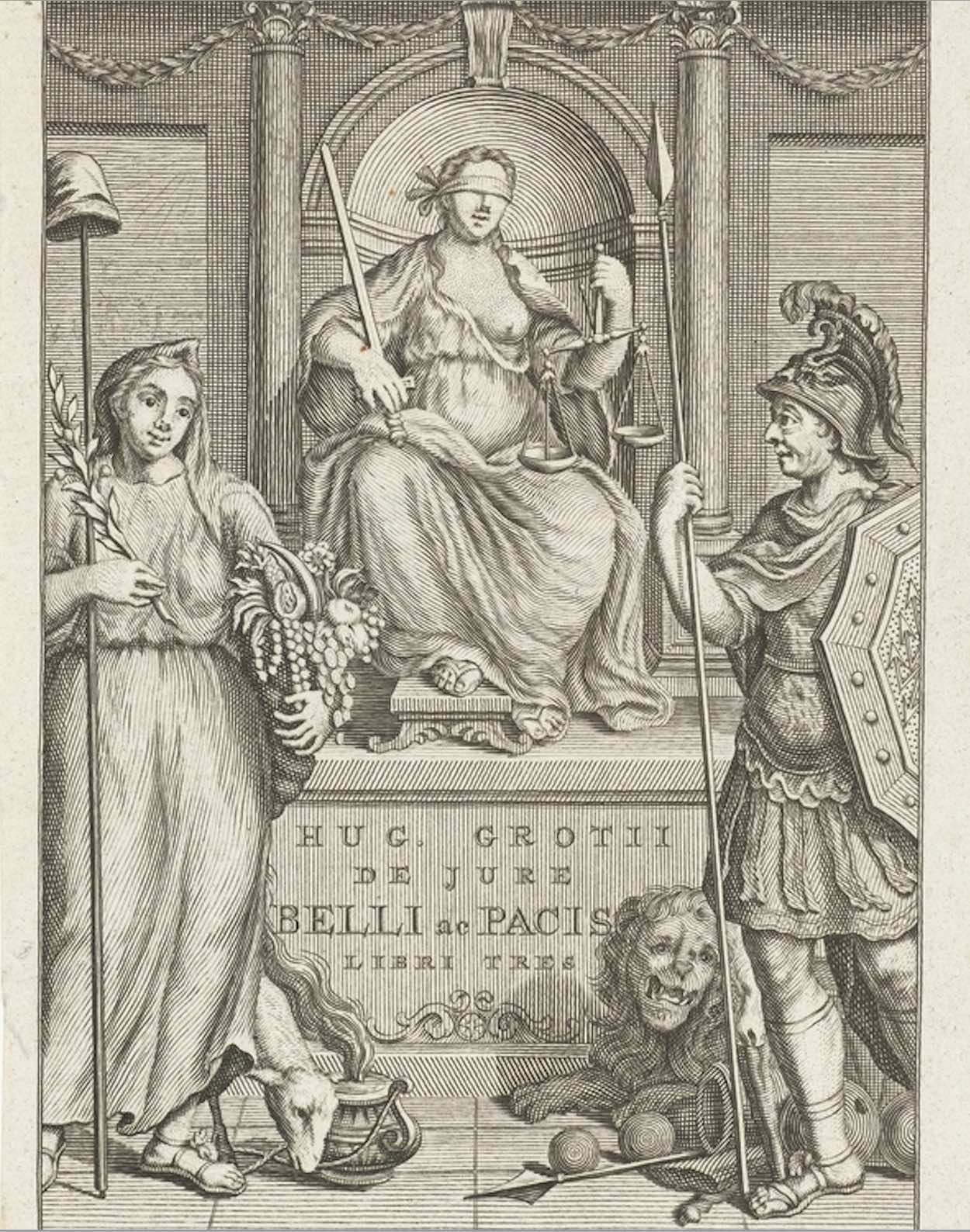
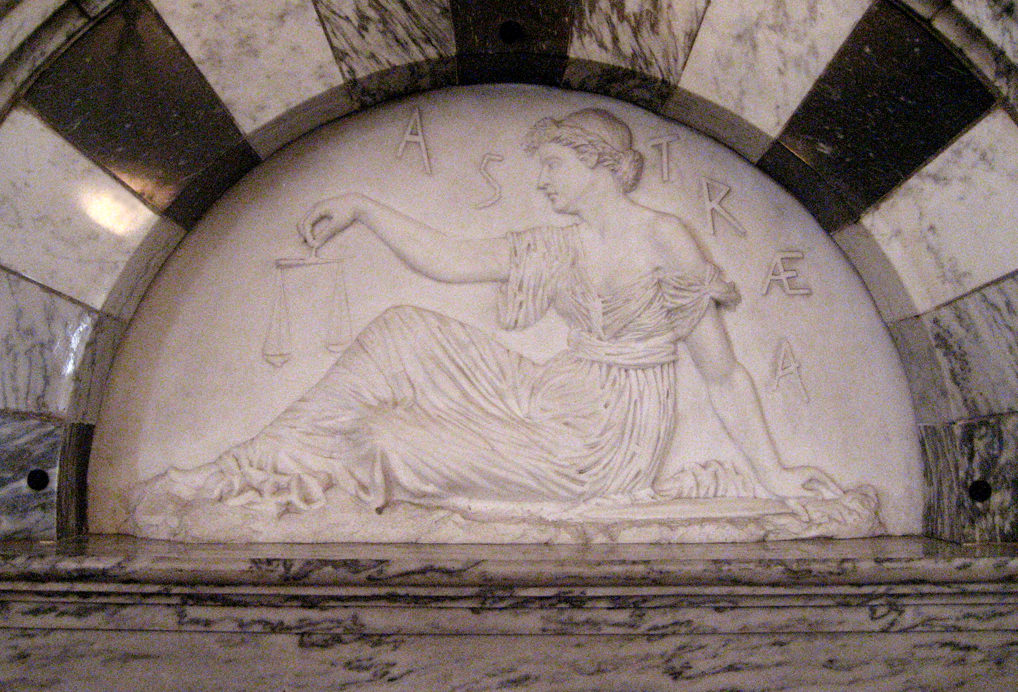

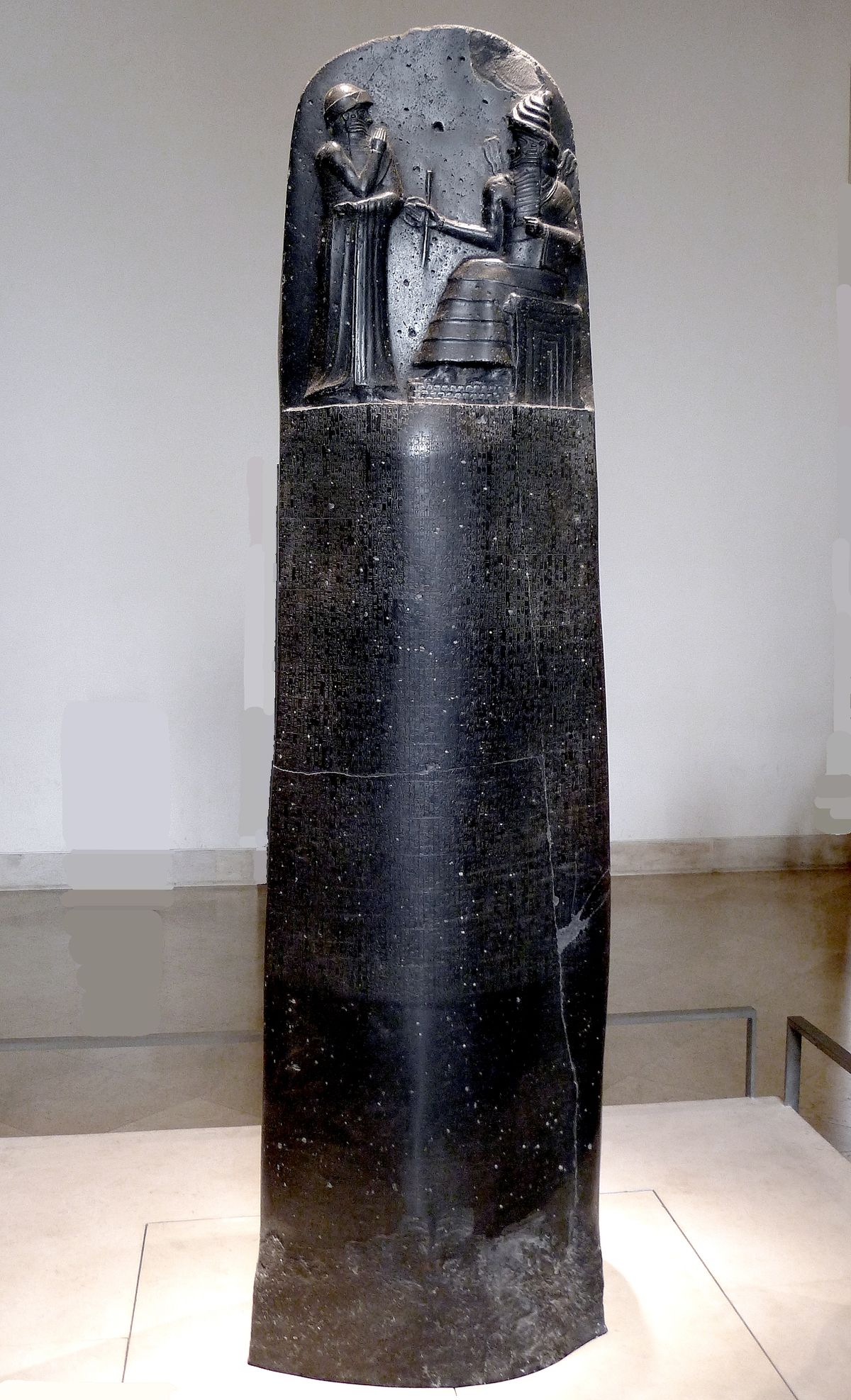
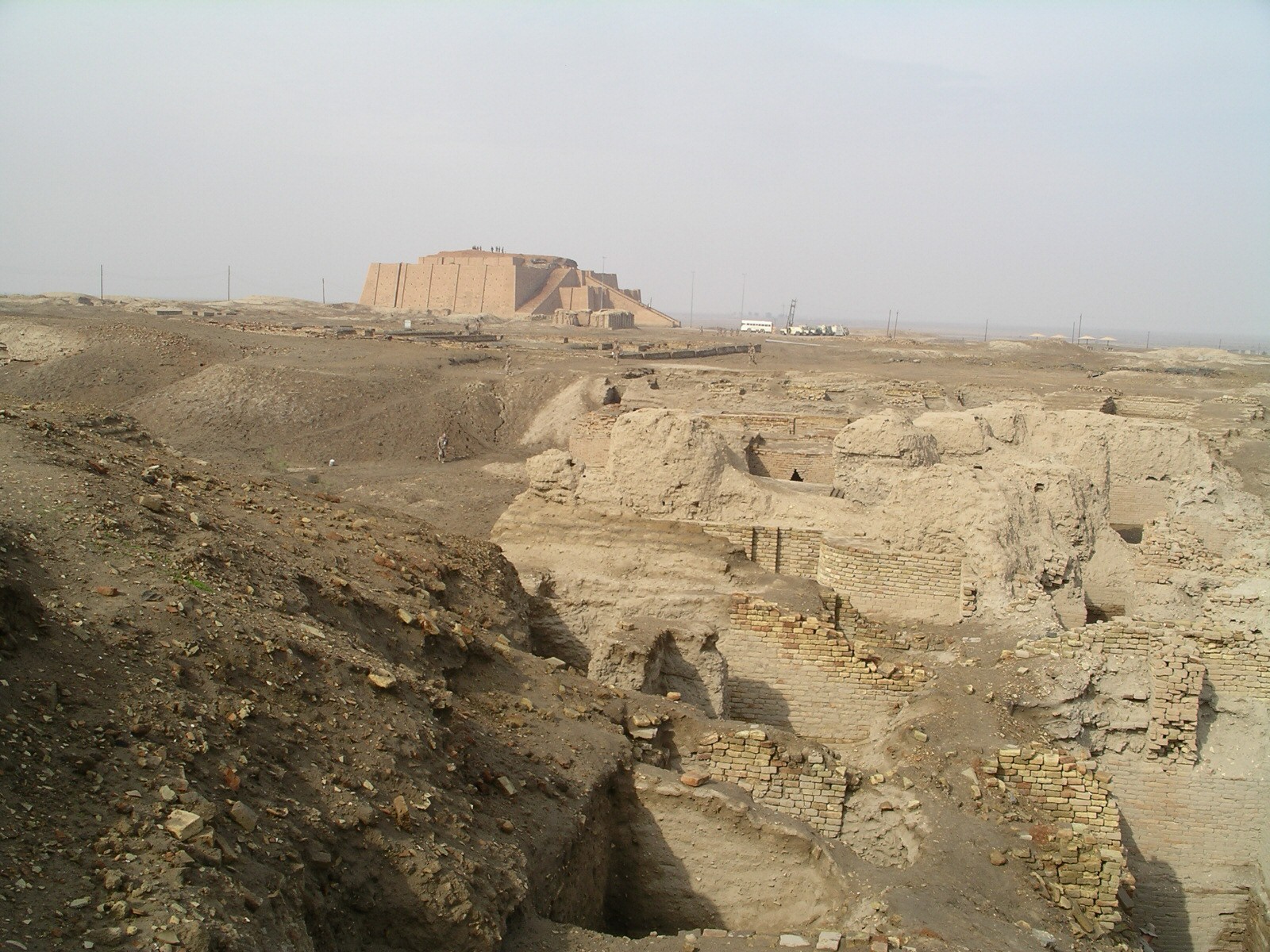


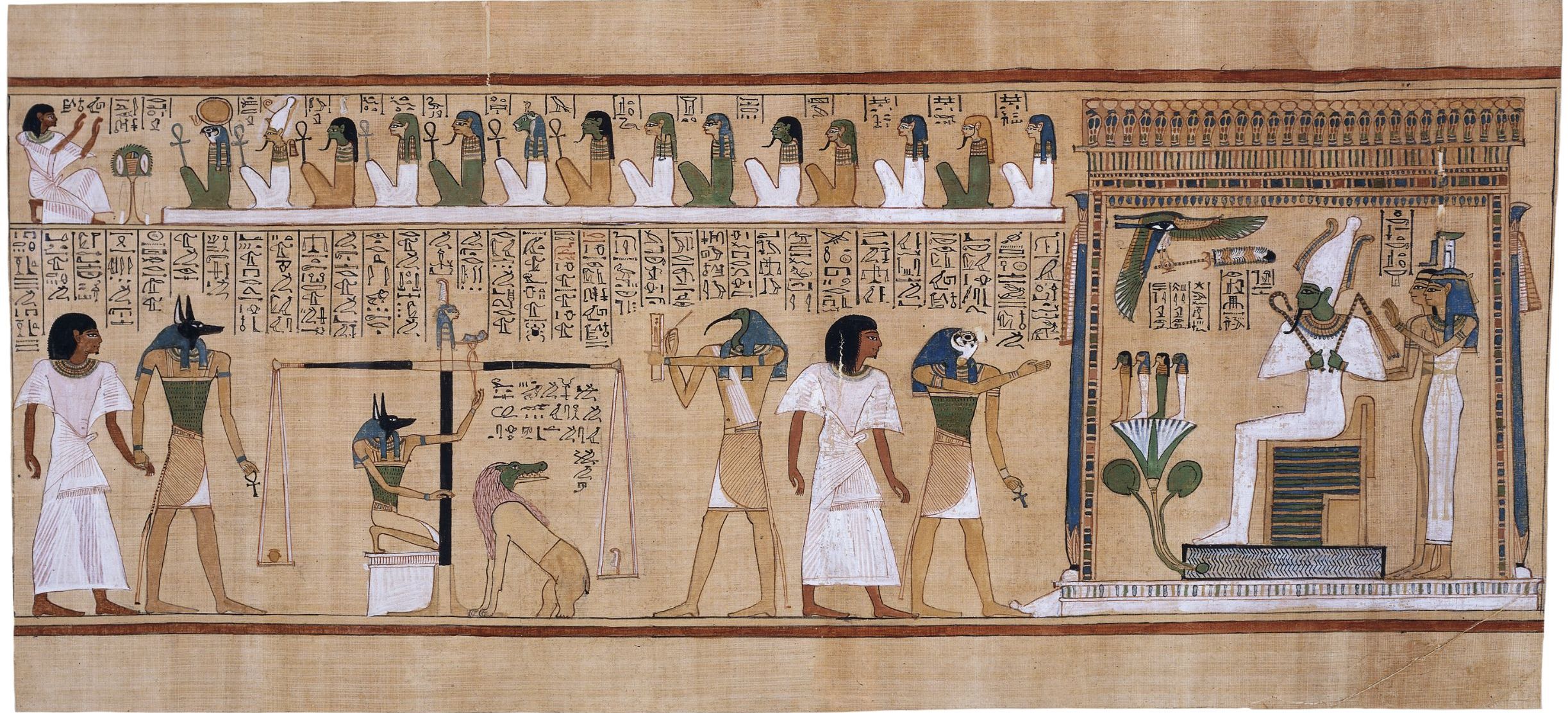

-leaves-the-earth--painting-by-salvator-rosa-1615-1673-künsthistorische-museum-wien.jpg)



